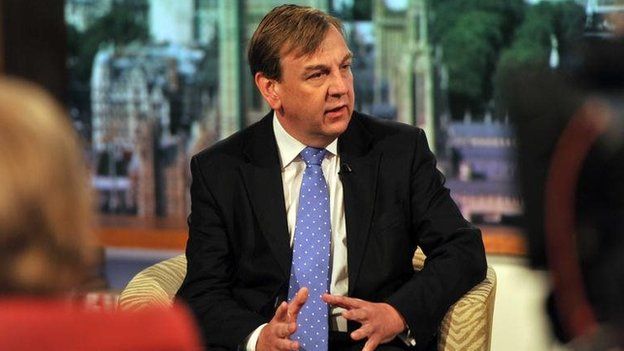| BBC Broadcasting House, Central London (Image: BBC) |
Before I go on, I want to say that I'm massively pro-BBC. Their entertainment value, their unbiased news coverage, their globally respected content, their fantastic presenters and their impressive diverse reflection on national and international society. I can't doubt the Corporation and believe it deserves its proud 'British Institution' status. The BBC isn't perfect, but which large organisation doesn't have baggage? Indeed, there are certain avenues which require reforming, but I'll explain where I feel these need to take place later.
But recent weeks has seen the BBC witness to seriously damaging backlash. It's arguably the worst it's seen in at least five years when Operation Yewtree first launched on the back of revelations surrounding Jimmy Savile's act of terrorism. Last Wednesday, the Corporation published salaries of their on screen and on air talent. It revealed a lot. For example, Chris Evans, Radio 2 Breakfast presenter is the highest paid male while Claudia Winkleman, co-presenter of Strictly Come Dancing is the highest paid female.
| Chris Evans (Image: Irish News, PA) |
The backlash has been personal as well as aimed at the BBC as an organisation. Jeremy Vine, who's primary role is presenting his Radio 2 lunchtime show, was heckled outside Broadcasting House. Radio 4 Today's host John Humphrys admitted he couldn't justify his salary compared to a nurse or emergency workers dedicating their hours on Grenfell Tower disaster. Meanwhile, nearly 50 female presenters have penned a letter to Lord Tony Hall, BBC's Director General, demanding for equal pay. You can only imagine the can of worms this report has let out.
Are the published salaries high? You can argue they are, if compared to public sector worker wages. I'm sure the NHS would love to give every A&E paramedic, midwife or junior doctor £100,000+ a year, but figuratively, that'd crush the health service. The broadcasting environment is incredibly different. The presenters listed in this said report are represented by demanding agents. What the talents get are also the going rates in a very competitive industry. Does it make things 'right'? I couldn't possibly answer that definitively.
 |
| John Whittingdale (Image: BBC) |
The second reason is based on principles. Picture a life without the BBC. Their website is a credible source of information, their programmes are competitively watched with, for instance, international football cup finals (Euros and World Cup) watched more when presented by Gary Lineker than those who fronted ITV's coverage. Since when do we watch our favourite shows and wonder about the stars' salaries? This obsession with pay of others has got to stop.
The BBC can recover and learn from this. Without government fiddling, they can reform with their credibility intact. I'd start by personally getting rid of celebrity agents during salary talks. Their interference are broadcasters' weakness. Excluding agents would give the talent a supposed ultimatum - receive the going rate, and for the love of what they do, or walk away. The going rate should be judged by the BBC themselves. Perhaps they go by ratings of the shows in question, or specific broadcast time? I'm no financial expert. But if the BBC want transparency and not be seen as ageist or sexist, they need to practice what they preach in every possible way.
Right now, the BBC are being bashed by angry Britons and the press like the European Union have been. The last thing I want to see is a "Beeb-xit" as brutal as we're witnessing the EU exit. The BBC has survived the historic abuse scandal surrounding the Corporation, they can rise above this challenge too. This soap opera poses fresh tests for their top bosses. I'm sure they'll find a way to restore its reputation. Whatever happens, I'd like EastEnders and Casualty protected.
Comments
Post a Comment